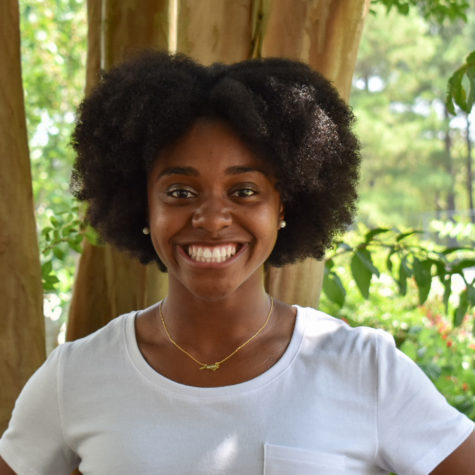The future of artificial intelligence: Discovering the expanses of space
University of Texas at Austin senior Anne Dattilo has been a leader in the discovery of two new exoplanets through the extension of NASA’s Kepler Mission.
In March 2009, the Kepler space telescope was launched into space from the Cape Canaveral Air Force Base in Florida. The telescope collected data during its nine-year tenure in outer space, and 22-year-old University of Texas at Austin senior Anne Dattilo has put it to good use.
In 1608 the telescope was patented, and 411 years later it has been paired with artificial intelligence to make a way for more discovery that will go down in the books. There are over 4,000 exoplanets, or planets outside of the solar system, and Datillo’s leadership in research, partnering with Google, has led to the discovery of two more.
The Kepler Space Telescope is responsible for discovering planets within its extended mission known as the “K2” Mission. Dattilo modified an AI program, AstroNet-K2, which filtered through the data gathered by K2 to identify any planets that were possibly overlooked. Planets could have been missed in data collection because of data being “too noisy” or not aligned correctly to be observed. According to Dattilo, the data from the K2 mission and the original Kepler mission hold different findings.
According to the UT Austin news site, Dattilo’s team includes two young men: Andrew Vanderburg, who is a NASA Sagan fellow at the university, and Christopher Shallue, who is a Google engineer. The team worked together and discovered two planets, which they named K2-293b and K2-294b, orbiting host stars 1,300 and 1,230 lightyears away, respectively. Distinctively, both planets are found in the constellation Aquarius. K2-293b has been measured at 2.45 times the size of planet Earth, and K2-294b, 1.66 times.
As artificial intelligence expands and curiosity grows, the expanses of the universe will be revealed to us in majestic ways. The exploration of our solar system will continue to spark minds everywhere and grow our appreciation for our planet’s home.













